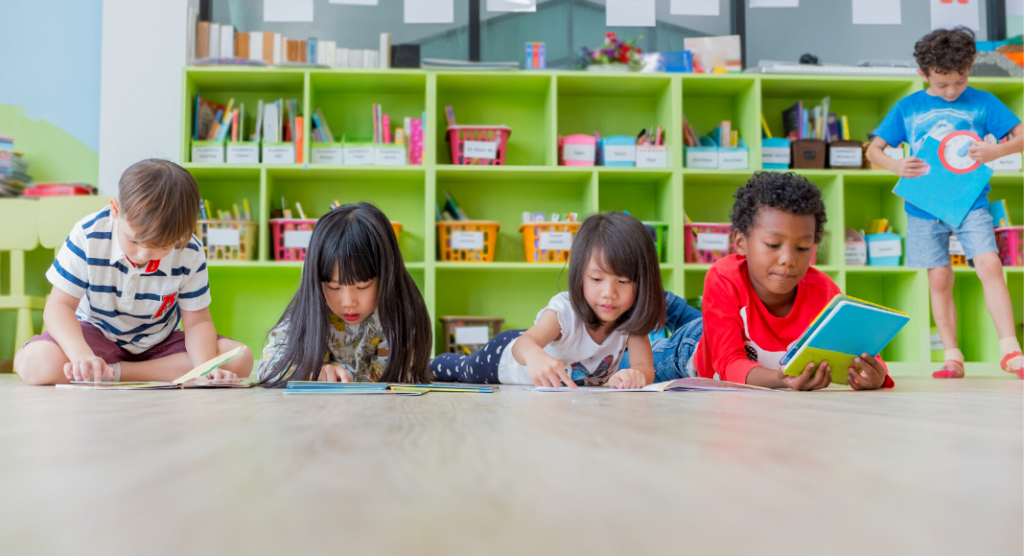 I can’t believe that my oldest daughter is turning five soon! Seriously, how is time passing so fast?
I can’t believe that my oldest daughter is turning five soon! Seriously, how is time passing so fast?
I just submitted her first set of kindergarten paperwork and reality is hitting hard. We may be in the middle of winter, but my thoughts have already drifted to school starting in the fall and making sure she feels ready.
Before choosing to be a stay-at-home mom, I was actually a kindergarten teacher. So I know from experience there’s a lot of preparation involved. Aside from the academic skills we tend to prioritize (learning the alphabet, counting, or writing their name), there are other, equally significant social and emotional skills that also should be practiced in advance.
Even if your child attends preschool, it’s likely in kindergarten they will find themselves in a larger class with a more rigorous schedule. Most of the focus in elementary school is academic and teachers don’t always have the flexibility to address other important details. The more you prepare your child for the non-academic elements of school, the more they’ll be able to concentrate on soaking up all of the new knowledge in their classroom!
Here are a few uncommon ways to get your child ready for school.
Speaking to Adults
Whether they need to use the bathroom, aren’t feeling well, or have a conflict with another student, you won’t be at school to speak on your child’s behalf. Although it’s completely normal for kids to be timid, especially in a new environment surrounded by unfamiliar people, they need to be able to verbally express their needs and emotions. There should be several teachers and staff members available to guide and assist your little one, but they aren’t mind readers. The only way that these adults can effectively support your child is if your child is able to communicate clearly.
You can help your kids break out of their shell by encouraging them to have conversations with adults you trust. Family gatherings, the doctor’s office, or church are great places to start. Maybe even let them place your order at Starbucks or hand money to the grocery store cashier. And right before school starts, make an effort to personally introduce them to their teacher and any other people who will be supervising them.
Contact Information
We pray that our children are never in an emergency situation, but it doesn’t hurt for them to know your contact information. I taught my daughter my full name, phone number, and our home address in case she ever needs to tell someone how to reach me. Even though I plan to drop her off and pick her up every day, I acknowledge that unexpected things can happen.
You can also stick an index card with all of your info in their backpack just to be safe!
Independence and Responsibility
With a classroom full of students, it isn’t practical to expect teachers to constantly tie shoelaces or know where everyone left their coats. They aren’t moms!
Start encouraging your future scholar to do as much as they can by themselves now. That includes dressing themselves, buckling and unbuckling their own car seat, and keeping track of their belongings. Putting them in charge of themselves will not only make it easier for you (and your child’s teacher), but you’ll also have a little peace of mind knowing that they’re self-sufficient throughout the day.
Arts and Crafts
Your child will benefit from having strong fine motor skills once they get to school. In kindergarten, there’s often a lot of handwriting, coloring, cutting, gluing, and handling of various manipulatives.
You can help them become more confident with these instruments by doing plenty of fun arts and crafts at home. This way, once your child gets to school, they will be able to focus on demonstrating the knowledge they’ve gained and not get stuck learning how to hold a pencil or pair of scissors. Spend time working on dexterity by giving them chances to be creative with a variety of art tools.
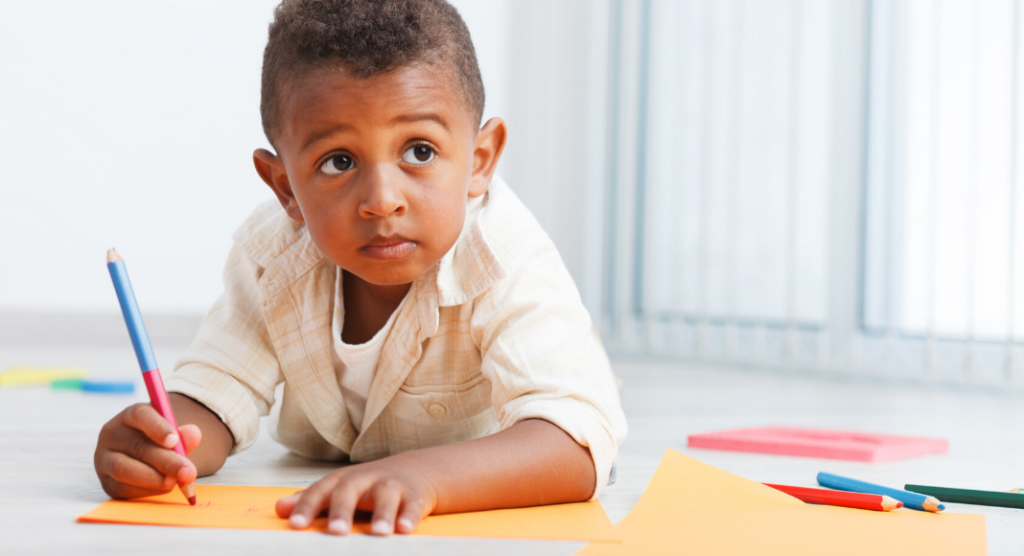 Eye Exam
Eye Exam
Kids can’t usually articulate that their sight has worsened, but it can have an impact on their behavior, socialization, and ability to absorb new information. I’ve been wearing glasses since I was eight and I didn’t even realize that I was struggling until my vision was corrected.
I brought my daughter to my most recent checkup and my optometrist talked to us about why it’s important to be proactive and start regular eye exams when they’re five. We’ll definitely schedule an appointment for her before school begins so that she can walk into the first day confident and ready to learn.
Social Awareness
I’m sure that you’ve been teaching your kids to say “please” and “thank you” since they could talk, but you need to go beyond basic manners when preparing for school. When my daughter begins kindergarten, I’m fully aware that she is going to encounter a slew of children from different households and backgrounds. She doesn’t have to be best friends with everyone, but I always want her to be kind, respectful and accepting of all.
To help open your child’s mind to people unlike them, you have to show them that there is more to the world than what exists in your home. Read a wide variety of books. Take them to museums, farms, zoos, and plays. Introduce them to people from other cultures and expose them to various languages and food.
I’m so tired of hearing about kids who are being picked on because they are different. Teach your child to acknowledge and celebrate what makes someone special and always be empathetic to everyone’s feelings.
Are You Ready?
I guess we’re never really equipped for these major milestones, but the sooner you start helping your little one become a well-rounded citizen, the better! The next six months are going to fly by and your big kid is going to be marching off to kindergarten before you know it!





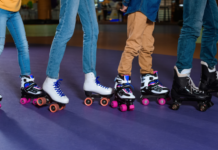

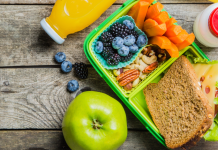

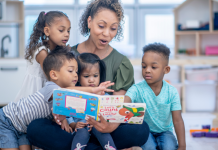





Love the tips! I’ll definitely be using some of these (like teaching her to unbuckle her own seatbelt) for next year.